Frequently Asked Real Estate Questions
-
What legal steps are involved in buying or selling a property?
The legal steps involved in buying or selling a property in Connecticut typically include reviewing and negotiating contracts, conducting a title search, addressing any property inspections or disclosures, arranging financing, and closing the transaction.
-
Can you review and explain the terms and conditions of a real estate contract before I sign it?
As real estate attorneys, we can review and explain the terms and conditions of a real estate contract to ensure your rights and interests are protected before you sign it. This includes examining provisions related to price, contingencies, deadlines, and other crucial terms.
-
What is the process of conducting a title search, and why is it important?
A title search is a vital process to examine the property's ownership history, identify any existing liens or encumbrances, and ensure that the seller has clear legal ownership. It helps uncover any potential title issues or risks associated with the property.
-
Can you assist with negotiating and drafting a purchase agreement or sales contract?
A real estate attorney can assist with negotiating and drafting a purchase agreement or sales contract that reflects your specific needs and protects your interests. This includes addressing contingencies, special conditions, and other provisions necessary for a successful real estate transaction.
-
What is the role of a real estate closing, and what should I expect during this process?
Real estate closings in Connecticut involve the finalization of the transaction. During this process, all necessary documents are signed, funds are exchanged, and the transfer of ownership takes place. An experienced attorney will guide you through the closing process and ensure that all legal requirements are met.
-
Can you help with reviewing and explaining the terms of a lease agreement before I sign it as a tenant or landlord?
A real estate attorney can review and explain the terms of lease agreements before you sign them, whether you are a tenant or landlord. This includes analyzing lease provisions related to rent, lease duration, renewal options, maintenance responsibilities, and any special clauses or restrictions.
-
What are the legal requirements and steps involved in transferring property ownership through inheritance or gift?
In cases involving property transfers through inheritance or gift, we can assist with navigating the legal requirements and steps involved. This may include probate matters, estate planning considerations, and ensuring a smooth transfer of ownership.
-
Can you help with reviewing and negotiating commercial lease agreements for my business?
If you require assistance with commercial lease agreements, an experienced attorney can review and negotiate the terms to protect your rights and interests as a business owner. This includes addressing rent, lease duration, maintenance responsibilities, tenant improvements, and any other relevant provisions specific to commercial leases.




